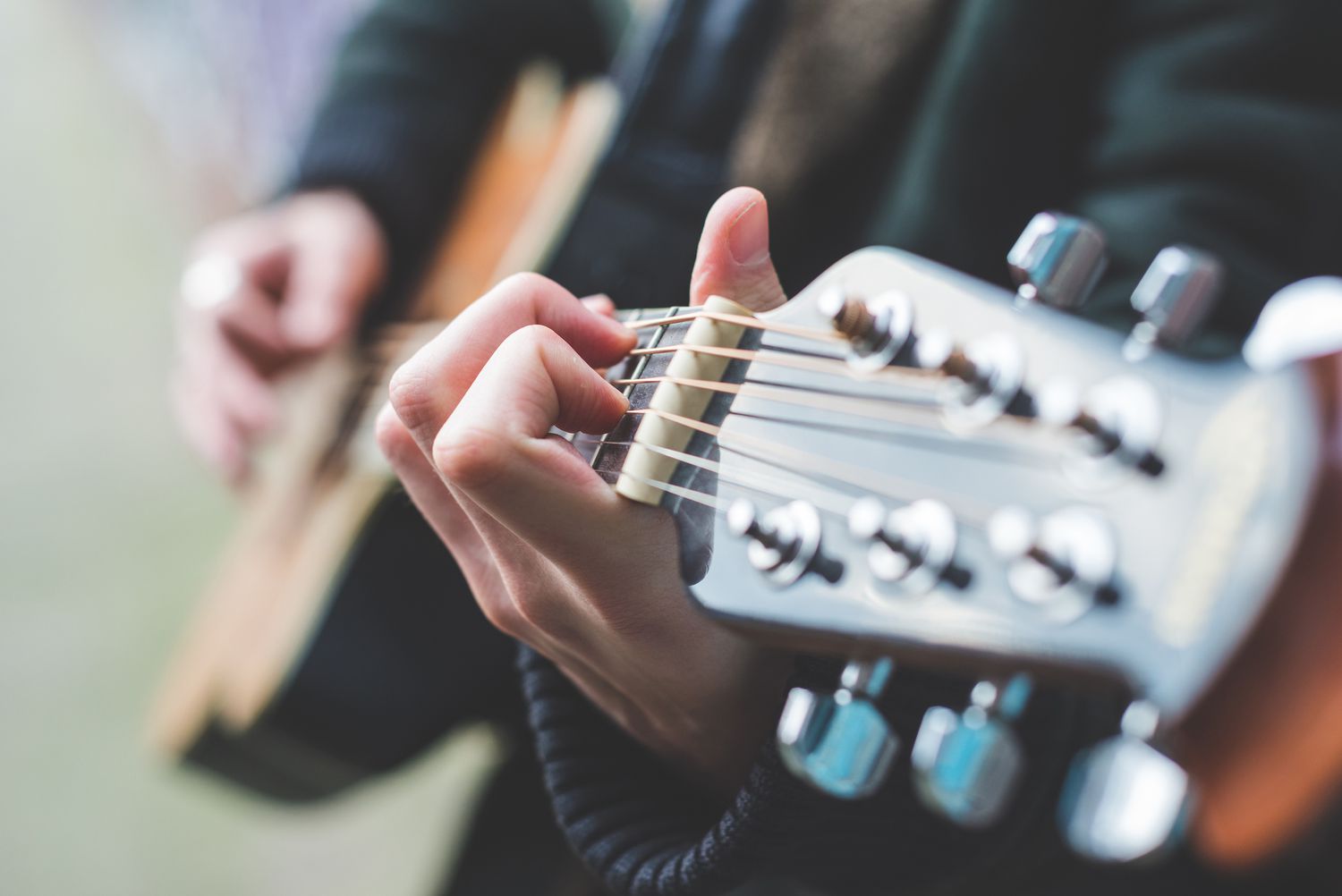
Regardless of ability level, we all have a tendency to repeatedly perform or sing what we know. It is rather simple and pleasurable to keep returning to the same once we are at ease performing a piece of music, whether it is simply strumming chords on a guitar, singing a song we have memorized the lyrics to, or playing a more intricate composition on our instrument. In addition to requiring little work, doing so gives one a strong sense of accomplishment. We become trapped in the cycle of non-growth, though, if we continue doing this for too long. We don't push our finger dexterity or mental faculties, thus we don't get much better at music. In order to advance in any field, including music, we must first place ourselves in the somewhat awkward situation of not being able to perform anything new adequately. Our brain is challenged at this point and begins to create new connections, which broadens our range of musical and athletic skills.
The following advice may help you come up with ideas for ways to push yourself consistently and develop a lifetime love of music:
1. Every month, learn to play a brand-new tune.
Setting a regular aim to learn a new song pushes us to always acquire a little different musical technique while also increasing our repertory. It becomes more difficult and learning occurs more when the songs are more varied.
2. Acquire a new musical style's fundamentals (or a few songs).
You should attempt learning some jazz if you enjoy playing classical music. Try some bluegrass or flamenco if you play rock. Try some Afro-Cuban music if you are a jazz musician. Or any other style that you enjoy listening to or have a passing interest in but have never had the time or bravery to learn to play. Different musical styles will not only test your abilities, but they will also undoubtedly give your playing a more melodic touch. Every musical genre has its own subtleties of rhythm, melody, harmony, lyricism, and other elements that can significantly improve your performance in the main genre. Additionally, broaden your musical vocabulary if you are a composer.
3. Pick up a new instrument to play.
Learning a different instrument can significantly enhance some areas of your musicality, albeit this one can be difficult. You may get better at rhythm by playing percussion instruments like drums. Your understanding of harmony or melody can be enhanced by learning to play the piano. The general idea of melody and nuance can be improved by learning to play a wind instrument or any other melodic instrument, or by beginning to sing. To increase your enjoyment of the procedure, choose something you can at least partially like.
4. Compose a musical composition
One of the best ways to express yourself, develop your musicality, and understand the complexities of music is to compose music. No matter our degree of ability, we can all compose and create music. Young children perform their own tiny tunes. Even though we become a little more reserved as we get older, the free young kid still exists and can create new music. Playing with notes is similar to playing with toys.
5. Attend performances in genres other than your favorite
Nothing will push you more than seeing live music that is different from what you're used to.Nothing will inspire and challenge you like seeing live music that is different from what you are used to. Live performances involve more than just music.There is also the culture that surrounds it. You might even decide to follow this new musical style professionally after discovering that it appeals to your heart.
Comments (0)